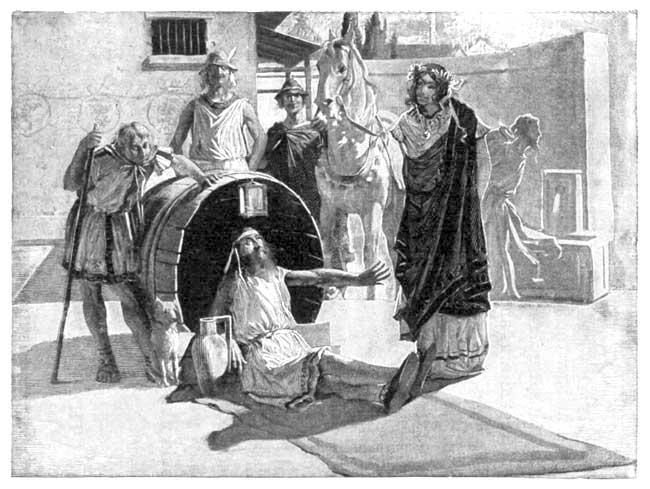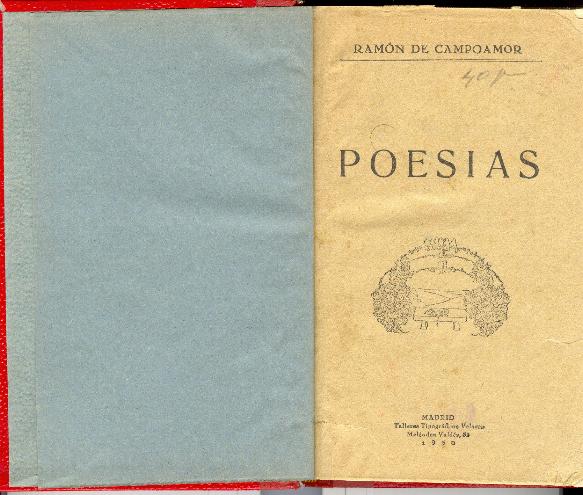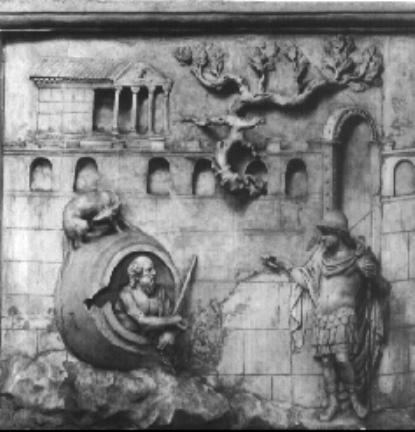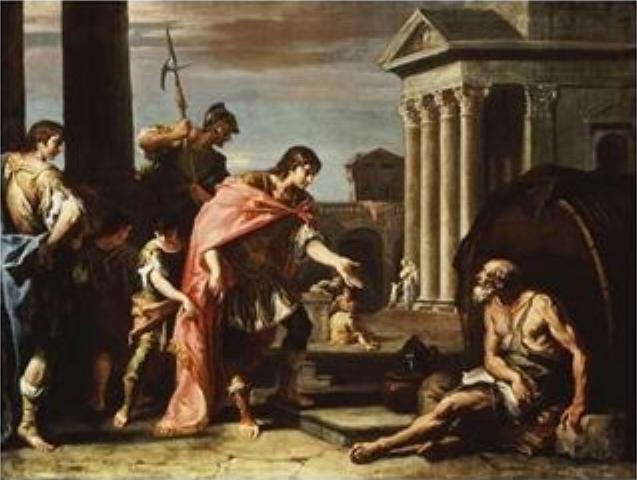
Diogenes of Sinope was a Greek philosopher of the sect's most famous cynical. He lived in the fourth century BC. It was a very interesting and controversial figure. He lived like a beggar, had minimal requirements, he was sincere with the powerful to the impertinence. He attributed many anecdotes, collected from different sources, especially in the work of philosophers distinguished Lives, written by his namesake, Diogenes Laertius in the third century AD
The curious anecdote from the famous philosopher attributed to concerns to meet with the Emperor Alexander. It is said that while Diogenes in Corinth, he slept in a cask or barrel. Once the city came to Alexander, with his spectacular military. The entire population of Corinth was to meet the emperor, but Diogenes was absolutely indifferent to the trappings of king, and was napping at his barrel. So was Alexander the Great himself, knowing the reputation of the philosopher Diogenes sought. He offered to present him with the gifts that the philosopher requested. But Diogenes asked only one thing: that the emperor to depart, that will not clog up the sun. The episode is narrated or alluded to in numerous ancient Greco-Latin sources, including Cicero ( Tusculanae Disputationes 5.32), Valerius Maximus (4.3.ext.4) and Plutarch (Life of Alexander 14). Here is the fullest account of the three, that of Plutarch in English translation: Gathered
Greeks at the Isthmus, decreed march to Alexander in the war against Persia, made general, and as were many statesmen and philosophers who visited him and gave him the good wishes, hoping that would do the same on Diogenes of Sinope, who lived in Corinth. But he made no account of Alexander, but spent his life quietly in the neighborhood called Craneto, and so Alexander had to go see him. Hallab casually lying in the sun, and having built a little to the arrival of so many characters, stared at Alex. Saluted it, and then asking if it was any thing, "too little," he answered, that you take off the sun. " It is said that Alexander with that sort of contempt was so amazed at such elevation and greatness of mind, which, when removed from there those who accompanied him began to laugh and make fun, he said, "For me not to be Alexander, was willingly Diogenes."I received today a book acquired by Internet auction site: Ramón de Campoamor, Poetry , Madrid: Talleres Typographical Velasco, 1930.

This anthology contains the poem "The two great things" in Campoamor (belonging to the group of poems Doloras ). This poem tells the story quoted at length:
The purpose of the meeting between Diogenes and Alexander was also the subject of various iconographic representations, and since ancient times. The following is a marble bas relief ancient times, although its right half (including the figure of Alexander) was restored in the eighteenth century:The two great things
One proud, another lawless
and two are talking.
"I am Alexander the King. Diogenes
"And I can.
"I come to make your life more honest
spiral.
What you want from me? - Yo, nothing
not take away the sun.
"My power ... "It's amazing, but to me nothing
amazes me.
"I can make you happy.
"I know, making me no shadow.
"You'll have riches without measure,
a palace and a canopy.
- What do I want
house larger than this barrel?
- Royal robes will spend
of gold and silk. - Nothing, nothing!
Can not you see me more
shelters patched this layer?
-Rich
devour delicacies.
-Yo with me bread allan.
-Bebo Cyprus tops the gold.
"I drink the water in his hand.
- will send as you send?
- Vanity vain!
What about the miseries as large
call these men?
- My power to those who groan,
help you with glory.
- Glory! layer of the crime;
layer crime without power!
- All land, hateful,
I have ridden with me.
- And you own the world, owning
not you?
- I know that the orb owner
of the world will be happy.
- I know your last dream
be your first rest.
"I impose my arbitrary laws.
- unjust Both coats?
"I've beaten a hundred kings.
- Good Bandit crowns! I can live
-hated,
die but not forgotten.
-Viviré unknown
hated but never die.
- Goodbye! I can not break because of your cynicism
crucible.
- Goodbye! How happy stay,
because I do not take away the sun! -
And as with mutual grievance
a haughty, another implacable,
- Miserable! says the wise king
and says: - Miserable!

The next picture was painted by Italian artist Sebastiano Ricci (1659-1734 ):

drafting this post , I thought I do not want more than what I have: no more money, influence, recognition, professional thrive. Sometimes aspire to, just, to the many poor, gangsters, backbiting, jealous and treacherous that abound in this petty university let me simply in peace, stop doing (me) shadow, I grant, in order the supreme privilege of not cover my sun.
0 comments:
Post a Comment